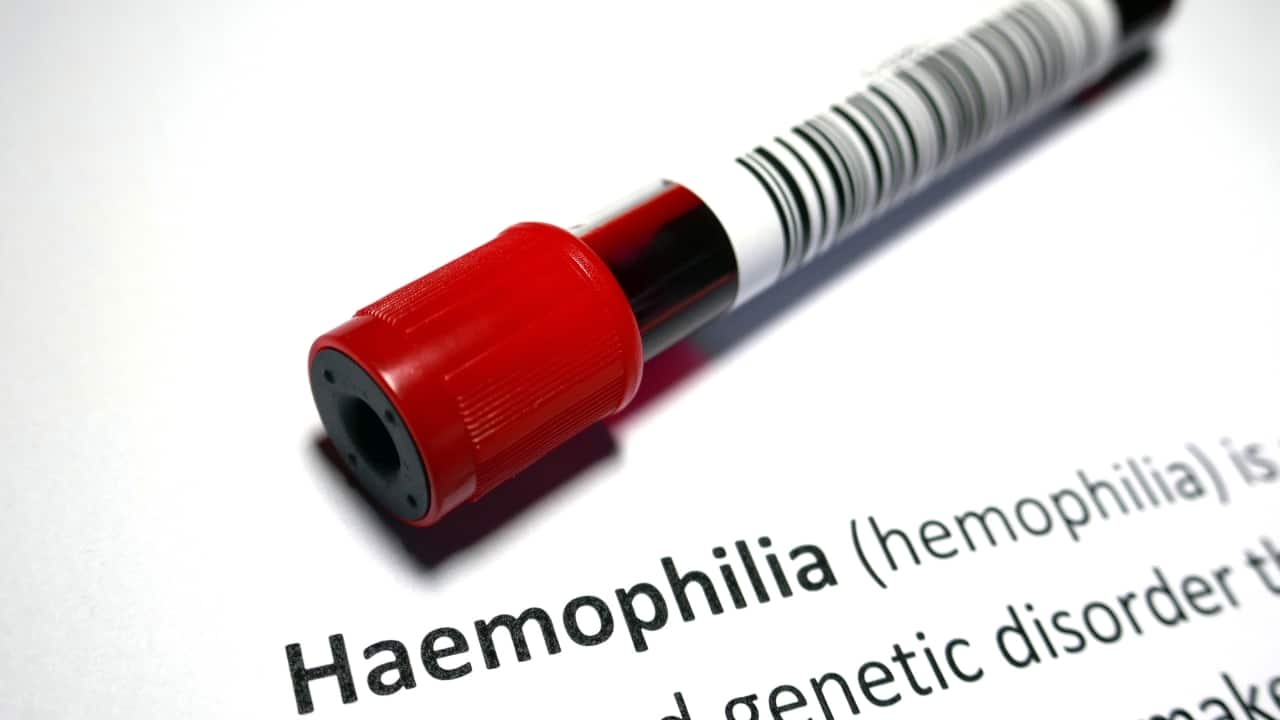Hemophilia is a rare bleeding disorder where the blood doesn’t clot the way it should, making even minor injuries potentially serious. According to the Centers for Disease Control and Prevention (CDC), the most common types of this condition are Hemophilia A and Hemophilia B, both caused by a deficiency in specific clotting factors that help stop bleeding. To diagnose hemophilia, doctors typically use clotting factor tests, which measure how well and how quickly a person’s blood clots.
The disorder impacts one’s physical as well as mental health. Hemophilia is a lifelong bleeding disorder that demands constant awareness, medical vigilance, and frequent interventions. Along with the physical symptoms, hemophilia also affects emotions, relationships, and mental well-being, says Dr Poonam Santhosh, Consultant Psychiatry, KMC Hospital Dr B R Ambedkar Circle, Mangalore.

“Many people with hemophilia live with a persistent sense of anxiety, especially around routine activities. There is an emotional exhaustion that builds up over time, which can lead to depression, low self-esteem, or even PTSD symptoms due to repeated traumatic experiences like emergency bleeds,” she says. Dr Santhosh shares the common psychological effects of hemophilia: Also read | World Hemophilia Day: Ways to avoid hemophilia being passed from parents to children? Anxiety and constant vigilance: People with hemophilia live with the constant threat of injury.
“This can make everyday activities, like walking, exercising, or playing, a source of stress. The ever-present worry fosters health-related anxiety and hypervigilance,” says Dr Santhosh, adding that parents, in particular, may hover closely, sometimes to the extent of limiting their child’s normal growth and independence. Disruption of daily routines and impact on school or work: Spontaneous bleeding episodes can hamper schedules.
Whether it’s an important meeting or a school exam, sudden cancellations or absenteeism are common. “Frequent medical appointments and infusions interfere not only with productivity but also with a person’s sense of reliability,” informs Dr Santhosh. Over time, this can affect career growth and academic confidence.
Limitations in activities and social isolation: Many people with hemophilia shy away from sports or social activities to avoid the risk of injury. “This fear can translate into exclusion, loneliness, and low self-esteem. Some children feel different or ‘less than’ their peers, especially when visible bruises or scars become a source of body image issues,” says Dr Santhosh.
The reluctance to disclose their condition due to fear of judgment further deepens the emotional isolation. Post-traumatic stress symptoms: Frequent hospital visits, painful procedures, and the trauma of uncontrolled bleeds can result in PTSD-like symptoms. Flashbacks, nightmares, and a constant sense of danger are common.
“Symptoms of hyperarousal or emotional numbing, especially in those with more severe forms of hemophilia, are seen,” explains Dr Santhosh. Positive coping and building resilience: Despite the challenges, many people with hemophilia can thrive and lead active lives. “This is possible with strong support systems, peer mentorship, and appropriate psychological care.
Community-based organisations and hemophilia groups provide spaces where people can share their experiences and draw strength from one another. With the right guidance and emotional support, people can build resilience that allows them to cope,” says Dr Santhosh, adding, “Mental health care, including counseling and therapy, should be a part of hemophilia management.” Disclaimer: This article, including health and fitness advice, only provides generic information.
Don’t treat it as a substitute for qualified medical opinion. Always consult a specialist for specific health diagnosis..
















